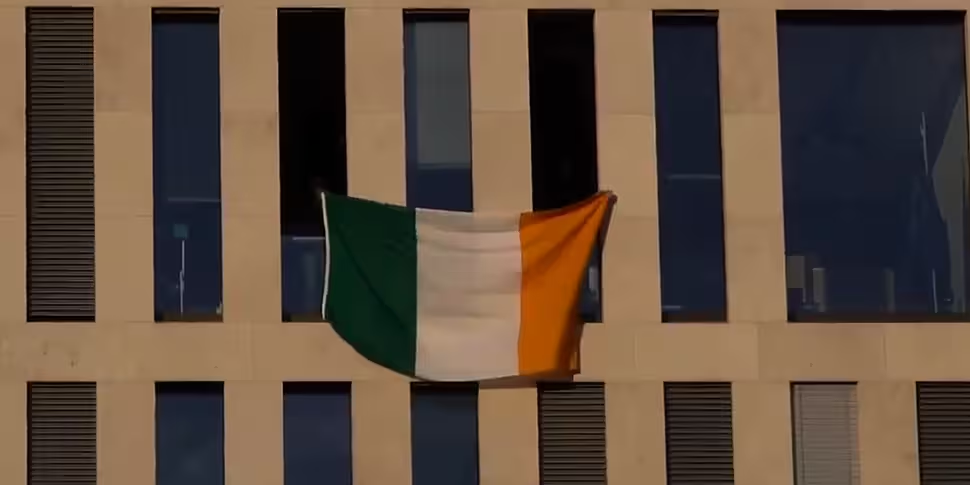When it comes to racism in Ireland, one social psychologist and migrant believes it is often about moving beyond institutional factors to “human understanding”.
On St Patrick’s Day weekend, Ireland welcomes hundreds of thousands of people from across the world to celebrate the national holiday.
It raises the question, however, of how welcoming Ireland is the rest of the year.
Institute of Antiracism and Black Studies founder Dr Ebun Joseph is launching her book Equity in the Workplace: Stories of Black Irish Women on March 21st.
She told The Anton Savage Show her book found the experience of Black Irish women in Ireland is “very negative”, similar to other countries such as the UK and US.
“Black women were just trying to survive, but there's so much negativity,” she said.
“If you read the book, you will find people who have two master’s degrees – level nine – having to work in level five jobs because they can’t get a job in the labour market.”
In collaboration with other writers and editors, Dr Joseph’s book “is a resource for understanding and addressing the gender bias, stereotypes, emotional labour, and challenges faced by Black Irish women in the labour market in 2024”.
Racism 'on a human level'
Social psychologist and Gorm Media founder Mamobo Ogoro told the show in her own experience, a lot of racism in Ireland is down to the “human level”.
“A lot of times in Ireland where we look at the institutional level, which is hugely essential... but then on a human level, on a practice level, we're really missing that engagement and that dialogue between communities in order to break down prejudice,” she said.
“There needs to be a sense of bridging between communities.”
Ms Ogoro’s family moved to rural Ireland from Nigeria in the 1990s, and while she met a lot of “inspirational” figures, she also saw the level of day-to-day racist thought that exists in Ireland.
“There was a lot of misunderstandings as it came to what it meant being an African migrant family,” she said.
“Those experiences of let's say, being left out as a child obviously really impacts you, being left out or people throwing things at your house because you're a migrant family.”
'Lack of understanding'
Ms Ogoro said a lot of the racist prejudice she has seen is due to a “lack of understanding”.
“I know we can go back and forth in terms of asking yourselves is Ireland racist or is Ireland welcoming,” she said.
“But I think on a deeper level... once you really understand the human story that even goes beyond racism, that goes beyond what's on the surface level, their skin, you really understand the human elements.”









